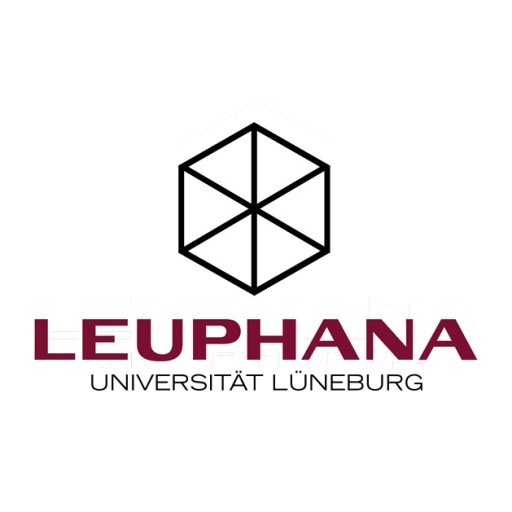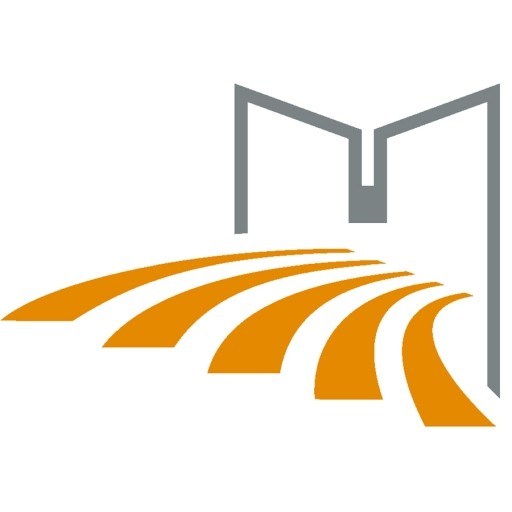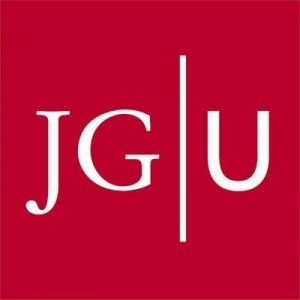Photos of university / #universitaet.tuebingen
The International Economics program at the University of Tübingen offers students a comprehensive education in the fundamental principles and applied aspects of global economic interactions. Designed to prepare graduates for careers in international business, policy-making, and research, the program combines rigorous theoretical coursework with practical training to equip students with a deep understanding of economic mechanisms across borders. Students will explore topics such as international trade theories, global financial markets, economic development, and the impact of globalization. The curriculum emphasizes analytical skills, data analysis, and policy evaluation, enabling students to assess complex economic issues from multiple perspectives. Moreover, the program encourages interdisciplinary approaches by integrating political science, sociology, and environmental studies, reflecting the interconnected nature of today's global economy. The degree fosters critical thinking and problem-solving abilities through case studies, simulations, and internships, providing real-world experience and enhancing employability. Throughout their studies, students have opportunities to participate in exchange programs and research projects, gaining international exposure and deepening their understanding of economic diversity and challenges worldwide. The University of Tübingen’s distinguished faculty, known for their research and expertise in global economics, guide students through a curriculum designed to promote academic excellence and professional competence. Graduates of this program are well-prepared for careers in international organizations, consultancy firms, banking and finance institutions, government agencies, and non-governmental organizations, as well as for pursuing advanced research or doctoral studies. With a commitment to fostering innovative thinking and a global outlook, the International Economics program at the University of Tübingen is an excellent choice for students aiming to make impactful contributions to understanding and shaping the world economy.
Educational organisation
We place great emphasis on active student involvement. Attending a Master's seminar, you will earn credits by writing a research paper on a topical issue of economics, econometrics or finance, and by presenting your paper in class. Most importantly, you will write a Master's thesis on a topic agreed upon by you and your thesis supervisor. Working on your thesis under the dedicated supervision of a faculty member will allow you, with due effort, to move up to the frontier of academic research. In doing so, you will acquire methodological skills and expertise that greatly enhance your career perspectives, including a possible continuation of your education in an excellent PhD programme.Internships
Although there is no compulsory internship, a specialised office will assist students in finding an internship upon request.Forms of assessment
Written and oral examinationsAssignments
Course objectives
We are committed to a Master's degree that enjoys a high international reputation. Our programmes give you the opportunity to achieve a competitive edge on the job market for professional economists. Graduates may aim for executive careers in business and finance as well as for administrative positions in the public sector and international institutions. Moreover, careers in economics typically include policy advice, publishing, consulting and research.Graduates will find themselves well-positioned for an academic career. You may complete any one of these programmes on a PhD track.
Language requirements
1) EnglishForeign and German applicants: TOEFL ibt: 80 or TOEFL pbt: 550 or IELTS: 6.0 or Cambridge: CAE or TOIEC: 700 or UniCert III certificate or Bachelor's degree in an English-speaking country
2) German is not required. However, German classes are available.
Academic requirements
Applicants for the MSc in International Economics are expected to have sound intermediate knowledge of micro- and macroeconomics, quantitative methods (mathematics, statistics, econometrics), and foreign trade. They must hold a Bachelor's degree in Economics, Business Administration or any related field, preferably a degree that amounts to 180-210 ECTS credits.Enrolment fees
142.10 EUR per semesterCosts of living
The average necessary allowance for a student at the University of Tübingen is 700 EUR per month.Arrival support
Orientation weekStudy counselling
Several student advisers are available who will be glad to help participants in all questions regarding their Master's programme and their stay in Tübingen. The student body (Fachschaft) offers numerous welcoming events especially for Master's students.









